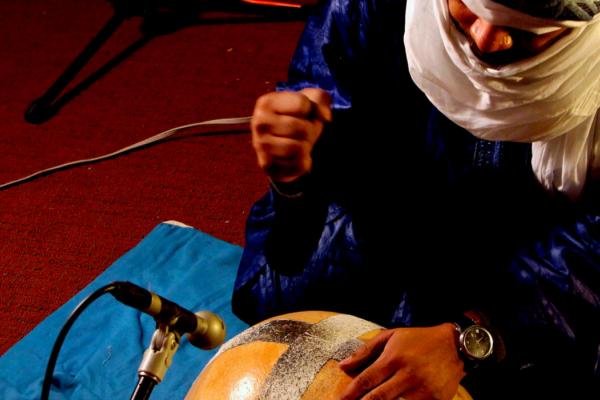A DEMOCRATIC SOCIETY relies on the contributions of its citizens in everything from launching technology companies to managing the PTA. Discrimination against an identity group in a democratic society is not just a violation of its dignity, it is a barrier to its contribution.
The contributions of Muslims to American civilization are impressive and wide-ranging, captured well in the speech President Barack Obama gave in Cairo on June 4, 2009. “American Muslims have enriched the United States. They have fought in our wars, served in government, stood for civil rights, started businesses, taught at our universities, excelled in our sports arenas, won Nobel Prizes, built our tallest building, and lit the Olympic Torch.”
But the atmosphere of Islamophobia in the Trump era has created special hardships for Muslims, a dynamic that hurts both the Muslim community and the nation to which they seek to contribute.
Read the Full Article

